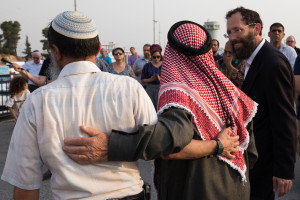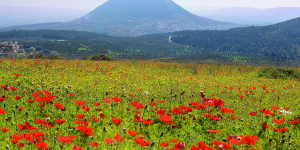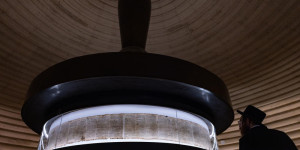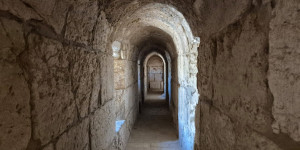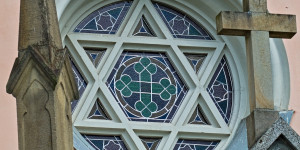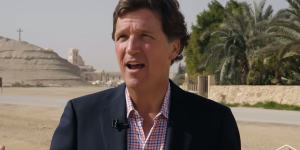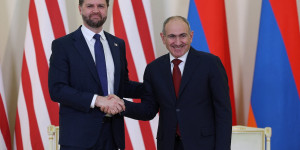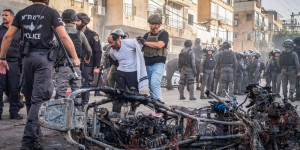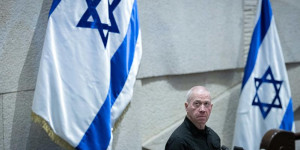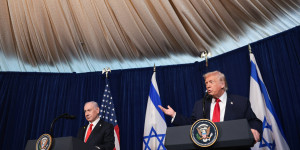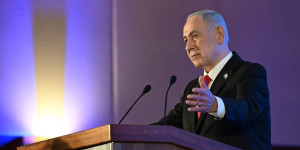The yearning for peace: A story of Israeli childhood under fire
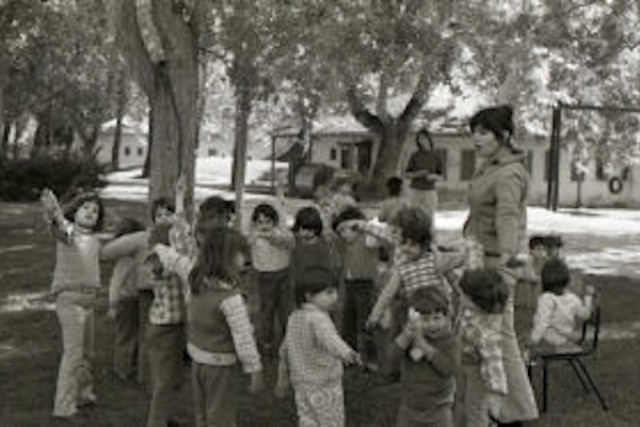
"I grew up in Kibbutz Dafna, almost a kilometer from the border with Lebanon," Israeli Messianic believer, Shibolit Lev explains. The Palestinian Liberation Organization (PLO) were expelled from Jordan after Black September in 1970 and set up just across the border when Lev was a child. That's when everything changed.
"My father used to work in the apple fields and people used to come from south Lebanon and work for us. They came over the border at Metula – it was called "Gader haTova" which means “The Good Fence,” because the fence was open and they could just walk through to Israel, and we could go there.”
“The border with Lebanon was open and we were in a very friendly relationship with them. I remember there were groups of them coming to work in Israel, in agriculture. They invited my father for weddings because he was working with them, so they came here when we had celebrations, and we went there. Relationships were very, very good. And then after that the PLO, under Arafat, who was originally from Egypt, set up there in South Lebanon."
"I was a kid in the '70s. I grew up in the children's house and there was no adult with us, and every children's house had a bomb shelter," Lev recalled.
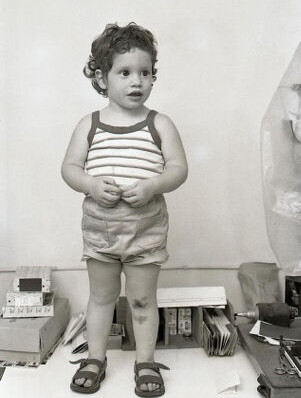
Back in those days, it was common for kibbutzim to experiment in this way, putting all the children together separate from their parents, prioritizing the idea of community over the family unit.
The attacks from over the border would come at least one or more times every week, sometimes every night, constantly sending the children to the bomb shelters.
"We were so used to it that the kids would hear the bomb and could say, "this is one of ours, this is theirs... We were just used to going down to the shelters even though Danny from our, from my group, he wouldn't wake up... There were two threats, either bombs or sometimes there were terrorists coming over the border of Israel and killing," she explained.
In 1980 terrorists from the Arab Liberation Front penetrated the border and quickly entered a children's house in Misgav Am, another border community.
"I think they were a little bit shocked because they didn't expect to have a house with only babies and no adults, so I think they didn't really know what to do," Lev reflects.
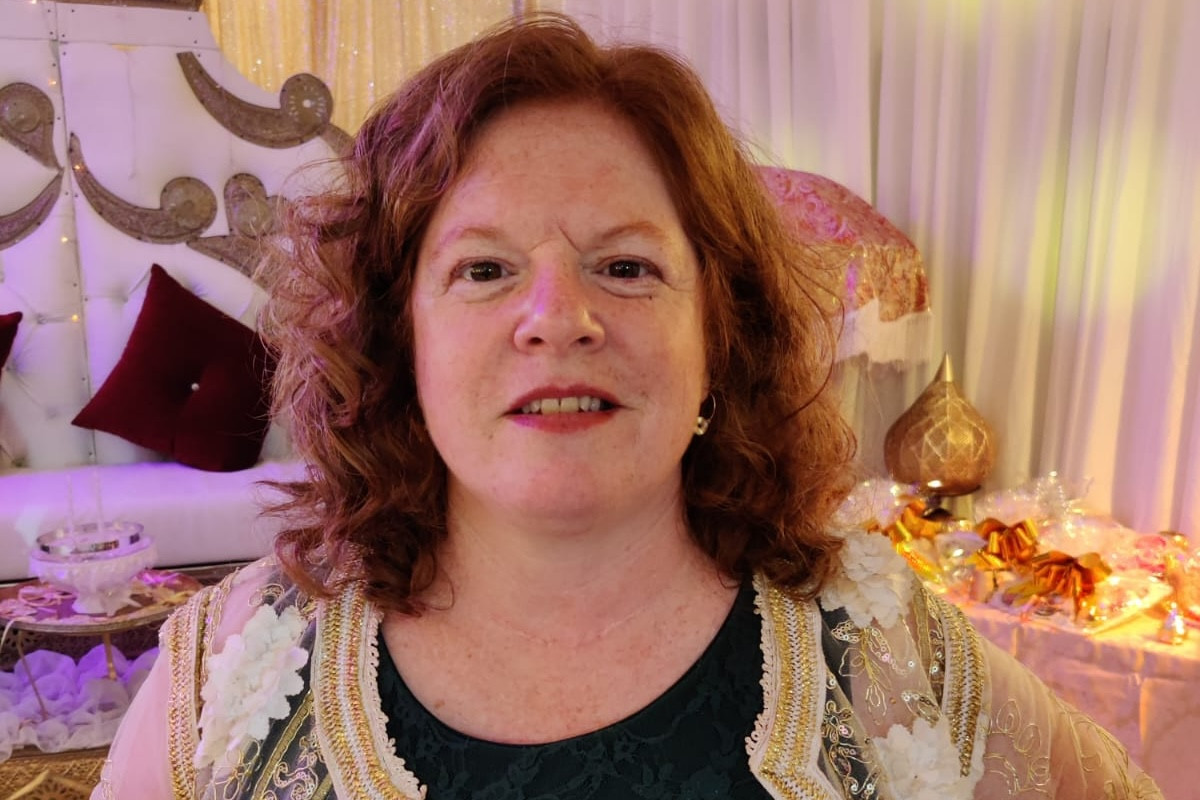
The terrorists killed the kibbutz secretary and one of the little children, then demanded the release of terrorists held in Israeli prisons. "It left a big trauma," says Lev. "It was just before Pesach."
"I have pictures of the children's house that a bomb went in and there is a hole there in a wall, so it was a daily – you know, a routine of danger," she said. "We all had places of hiding inside the house. Whenever I went into a house, immediately I saw where I could hide. I wouldn't come into a house if I didn't see a place to hide. And it wasn't just me... we lived it all the time."
Yet still, the children on Kibbutz Dafna were all raised with the hope of peace. "We all believed in it," Lev says. “Adults and children alike.”
They'd express the firm hope and expectation that the next generation wouldn't need to fight anymore. They had no intention of attacking their neighbors, so they assumed, as soon as the attacks stop, there would be peace. One of the songs they'd sing, "I Was Born for Peace," expressed the longing that peace would come, including a verse in Arabic:
Born to a nation two thousand years old
A nation with a land, and a piece of heaven
And it sees, observes, behold, now the day is rising
And the hour is beautiful, this is the hour of peace.
My hope is peace for this world, it's our hope
Since we were born, we have been supporters of peace
One day, Me and You will live under its shade
And God willing, We'll all shake its hands.
"I think the majority is looking for peace, but there are trust issues," Lev explains, reflecting on the situation today. "We just thought, because we can defend ourselves they can't hurt us, and we're not going to attack them, so there should be peace," she says. "We thought they are like us. This is the problem."
But the aspirations and expectations have proved to be very different. "We thought that they think like us. Who wouldn't want peace?" she asked.
"Even today, as an adult and a believer in Yeshua the Messiah, I long for peace," she adds at the end. "But I know that true peace can only come from the Prince of Peace – the Messiah of Israel, the Savior of the world. This is also what I teach the children at school. They too live in a reality of fear, where they have to run down to the shelters. Yet they also dream of peace – a life without fear, without sirens, and without wars."

Jo Elizabeth has a great interest in politics and cultural developments, studying Social Policy for her first degree and gaining a Masters in Jewish Philosophy from Haifa University, but she loves to write about the Bible and its primary subject, the God of Israel. As a writer, Jo spends her time between the UK and Jerusalem, Israel.
You might also like to read this:


